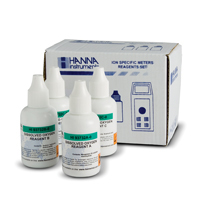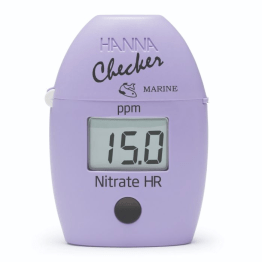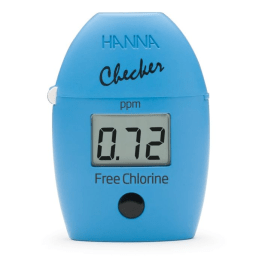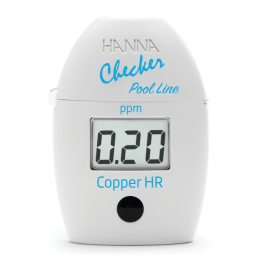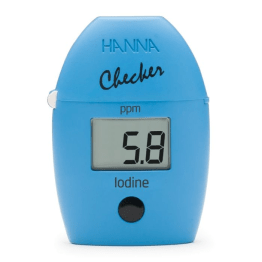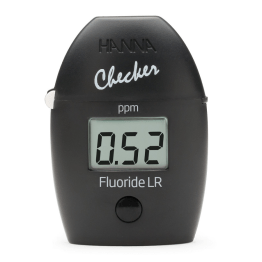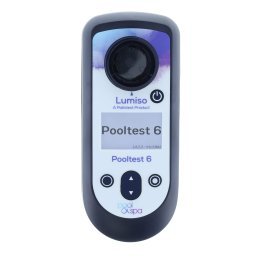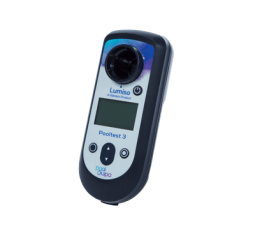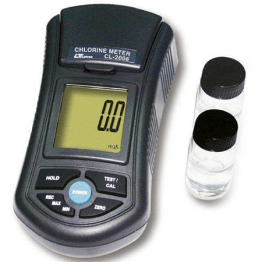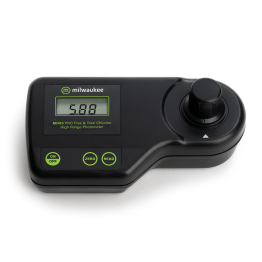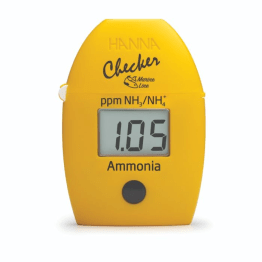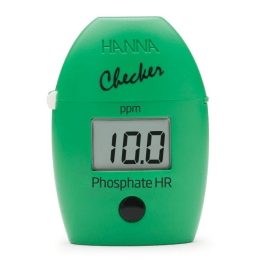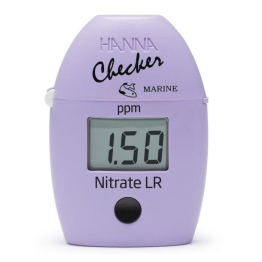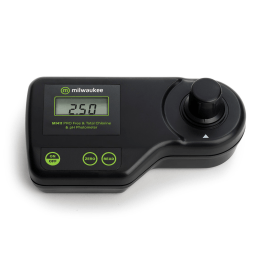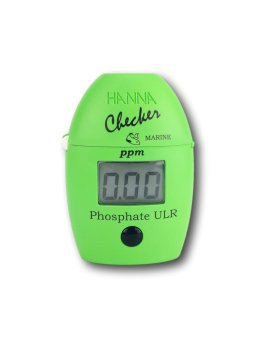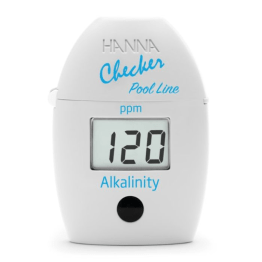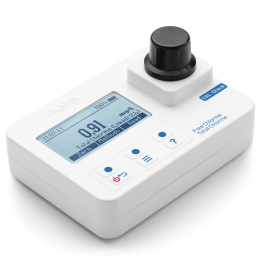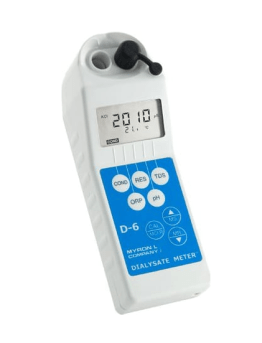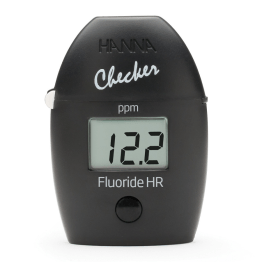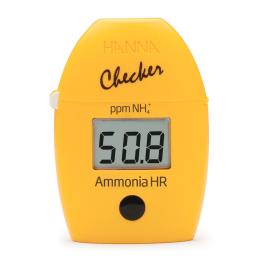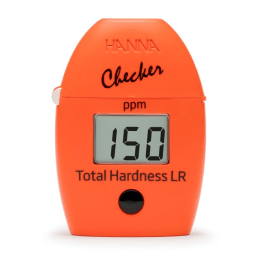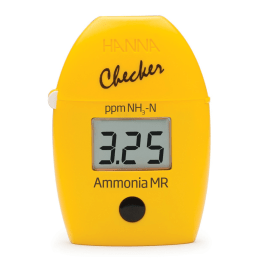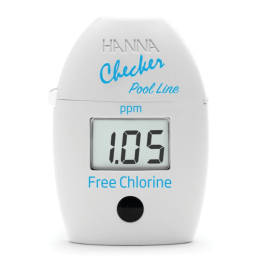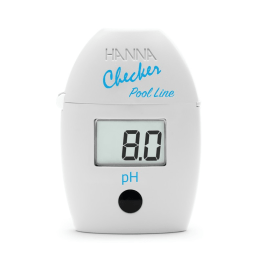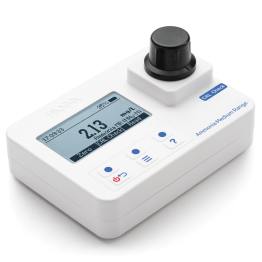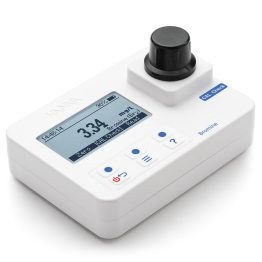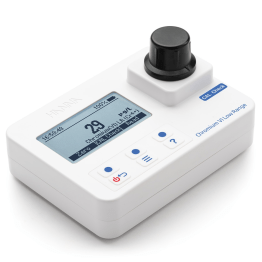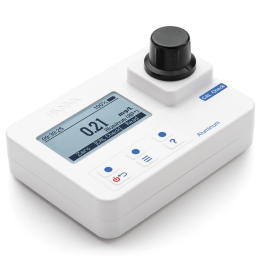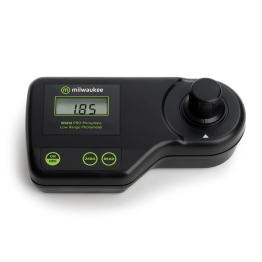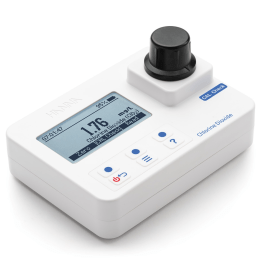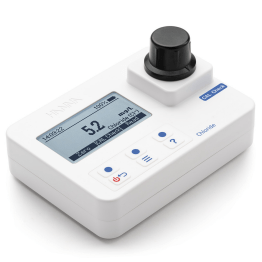Colorimeters
$115.64
AUD + GST
$127.20
AUD Inc. GST
$103.88
AUD + GST
$114.27
AUD Inc. GST
$103.88
AUD + GST
$114.27
AUD Inc. GST
$1,276.00
AUD + GST
$1,403.60
AUD Inc. GST
$799.00
AUD + GST
$878.90
AUD Inc. GST
Chlorine Meter for Free and Total Chlorine (0-3.50 ppm CL) IC-CL2006
Product code: IC-CL2006
$788.00
AUD + GST
$866.80
AUD Inc. GST
$685.41
AUD + GST
$753.95
AUD Inc. GST
$103.88
AUD + GST
$114.27
AUD Inc. GST
$103.88
AUD + GST
$114.27
AUD Inc. GST
$685.41
AUD + GST
$753.95
AUD Inc. GST
$103.88
AUD + GST
$114.27
AUD Inc. GST
$103.88
AUD + GST
$114.27
AUD Inc. GST
$473.14
AUD + GST
$520.45
AUD Inc. GST
$3,285.00
AUD + GST
$3,613.50
AUD Inc. GST
$103.88
AUD + GST
$114.27
AUD Inc. GST
$103.88
AUD + GST
$114.27
AUD Inc. GST
$148.96
AUD + GST
$163.86
AUD Inc. GST
$103.88
AUD + GST
$114.27
AUD Inc. GST
$103.88
AUD + GST
$114.27
AUD Inc. GST
$111.72
AUD + GST
$122.89
AUD Inc. GST
Ammonia Medium-Range Portable Photometer Kit with CAL Check - IC-HI97715
Product code: IC-HI97715
$473.14
AUD + GST
$520.45
AUD Inc. GST
$473.14
AUD + GST
$520.45
AUD Inc. GST
$473.14
AUD + GST
$520.45
AUD Inc. GST
$473.14
AUD + GST
$520.45
AUD Inc. GST
$537.70
AUD + GST
$591.47
AUD Inc. GST
$473.14
AUD + GST
$520.45
AUD Inc. GST
$473.14
AUD + GST
$520.45
AUD Inc. GST

